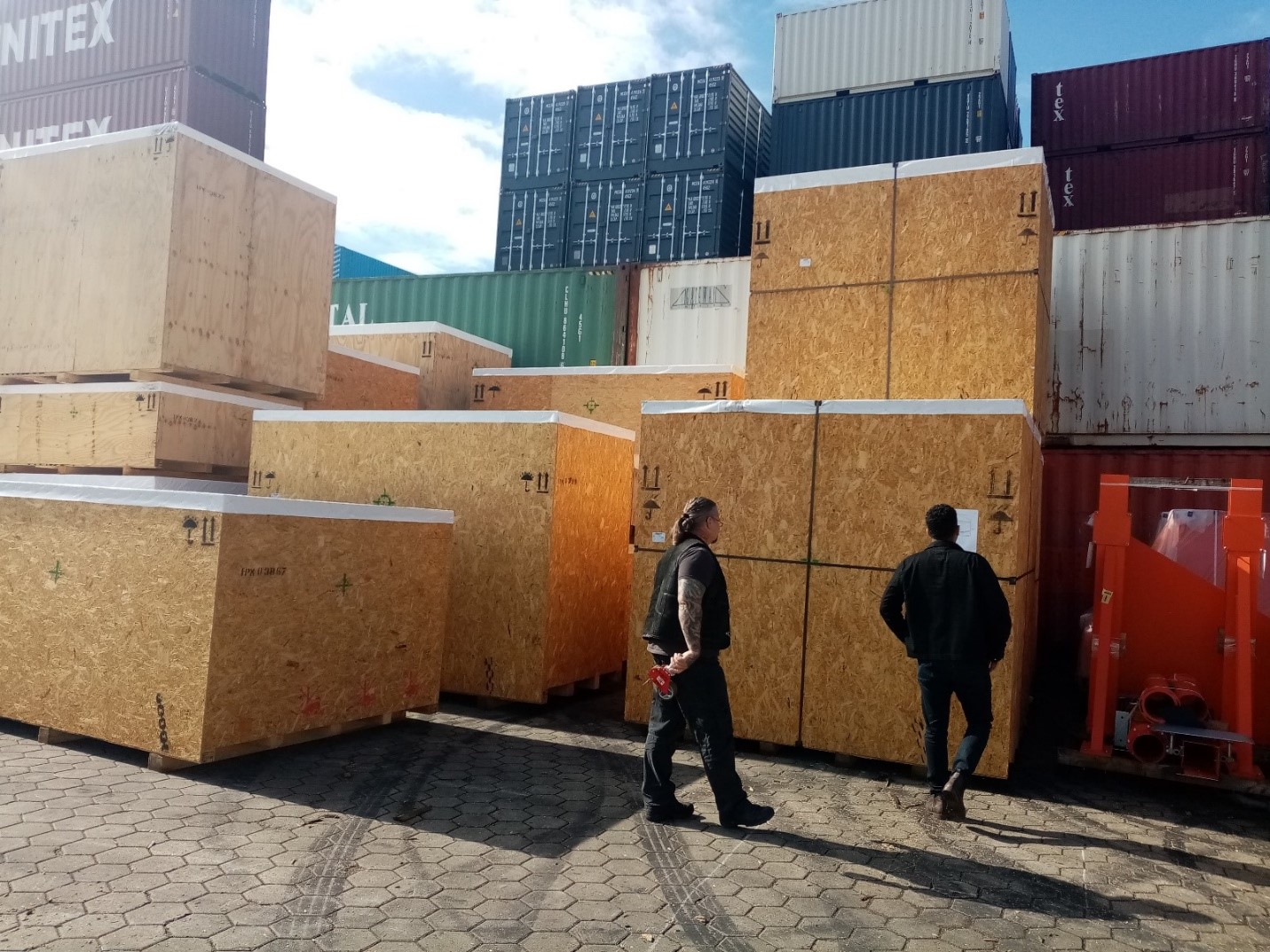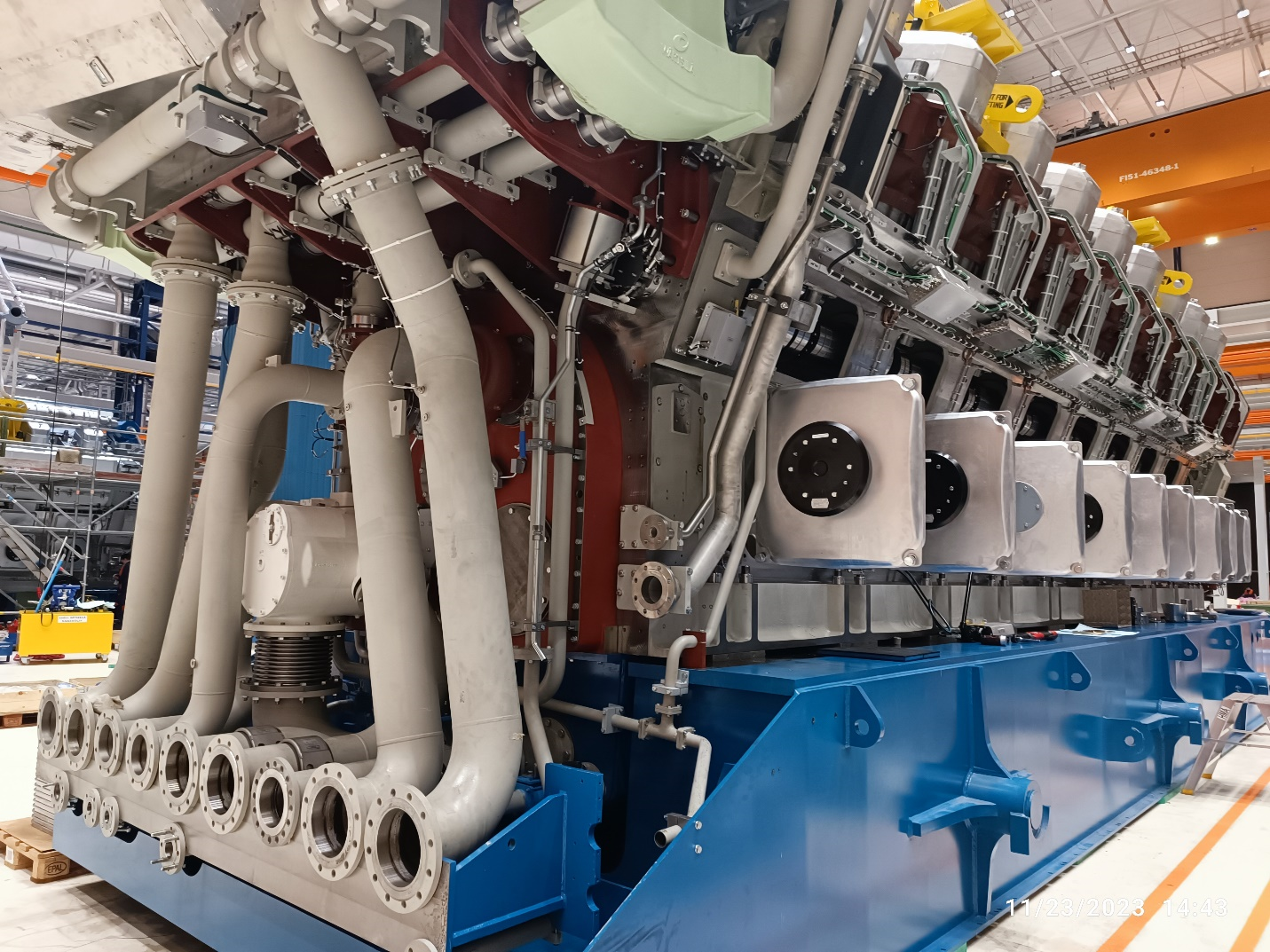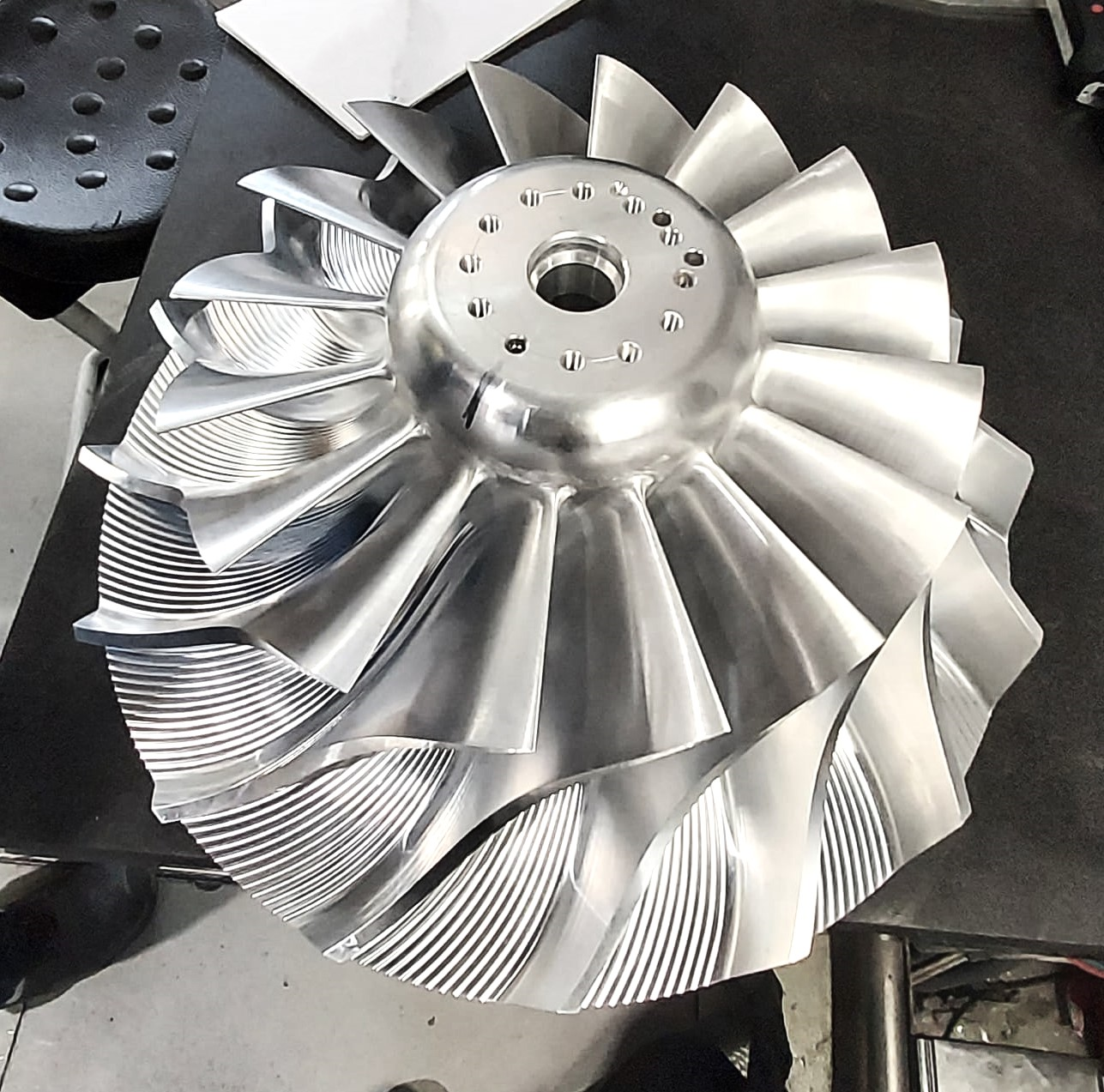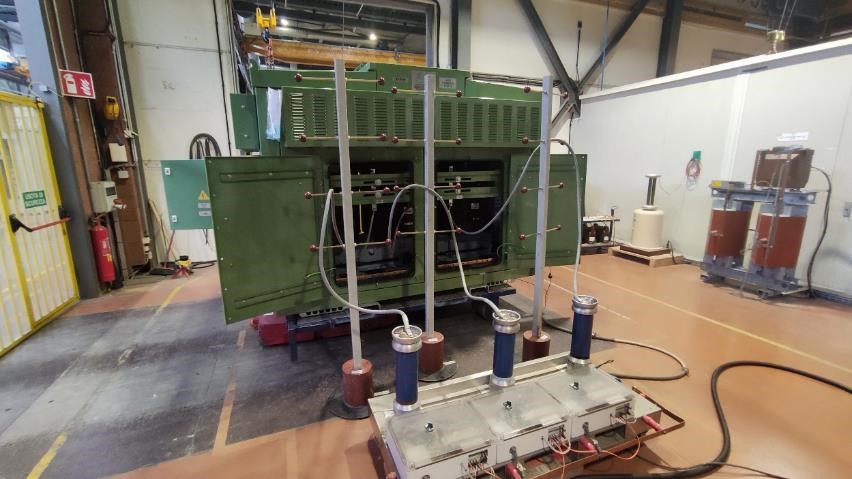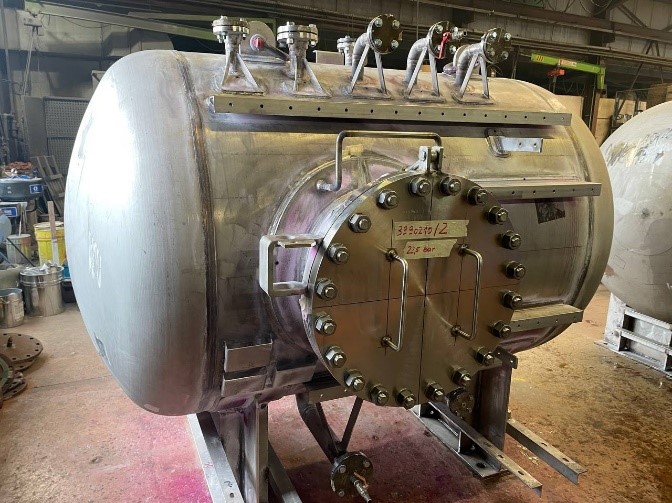In today’s globalized world, international trade relies on packing and pre-shipment inspection for quality control. Businesses worldwide are involved in the import and export of goods, leading to an increasing demand for stringent quality control and compliance measures. One critical aspect of maintaining product quality and ensuring adherence to regulations is pre-shipment and packing inspection. In this article, we will delve into the significance of pre-shipment and packing inspection, its numerous benefits, and the essential steps involved in the process.
The Importance of Pre-Shipment and Packing Inspection
Pre-shipment and packing inspection are an indispensable step in the supply chain process, serving various crucial purposes:
Pre-shipment and packing inspection are an indispensable step in the supply chain process, serving various crucial purposes:
Quality Assurance: This inspection ensures that products meet the required quality standards and specifications. It helps identify any defects, discrepancies, or issues that may have arisen during manufacturing, storage, or transportation.
Compliance with Regulations: Many countries have specific regulations and standards that must be met for the import or export of goods. Pre-shipment inspections verify that products comply with these requirements, thus preventing potential delays or rejections at customs.
Cost Reduction: Identifying defects or non-compliance issues before shipping can save businesses significant costs. It helps avoid expensive product recalls, returns, or the need to rectify problems at a later stage.
Customer Satisfaction: Delivering high-quality products to customers is essential for maintaining a positive reputation and customer trust. Pre-shipment inspection ensures that customers receive products that meet their expectations.
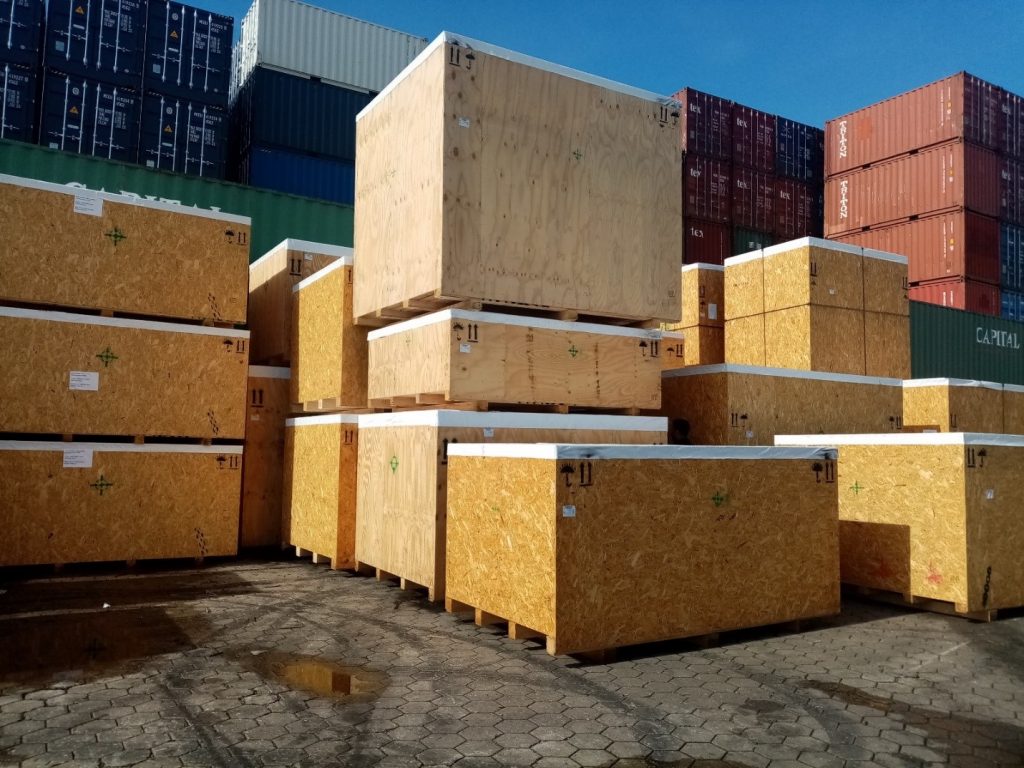
Key Steps in Pre-Shipment and Packing Inspection
Selection of a Qualified Inspection Service: It is crucial to choose a reputable third-party inspection service with expertise in your industry. These services employ experienced inspectors who can thoroughly assess your products.
Scheduling the Inspection: Plan the inspection well in advance and coordinate with the inspection service to ensure their availability when needed.
Sampling: Inspectors take samples from the shipment, considering relevant standards and guidelines. Random sampling is often employed to ensure a fair representation of the products.
Visual Inspection: Inspectors visually assess the products for quality, proper labeling, and packaging compliance. They check for any damage, defects, or discrepancies.
Functional Testing: If applicable, functional testing is conducted to verify that the products perform as intended. This step is especially crucial for items like electronics or machinery.
Document Review: Ensure that all necessary documents, such as certificates of origin, compliance, and quality control, are in order and accompany the shipment.
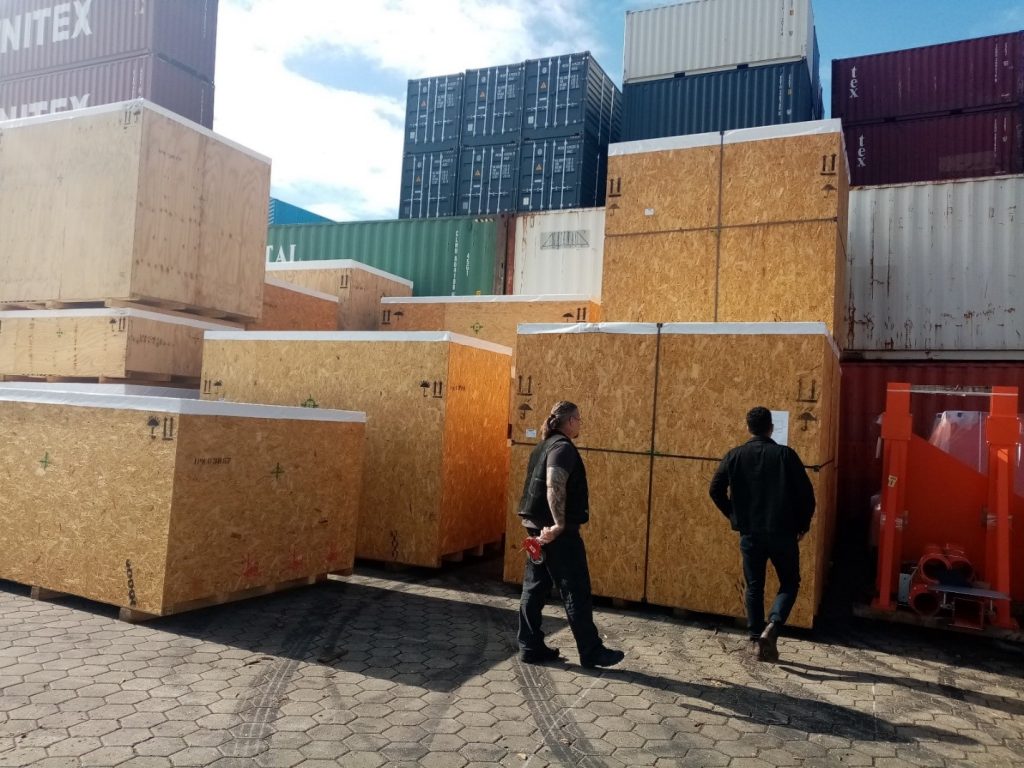
Our Vast Experience
With a track record of conducting over 200 projects each year, Arotec has accumulated a wealth of experience and expertise in the field of packing and pre-shipment inspection. These projects encompass a wide range of industries, from machinery and equipment to consumer goods. Our commitment to ensuring the highest standards of quality, compliance, and customer satisfaction is unwavering.
Recent Project – Packing and Pre-shipment Inspection of ULSD Treatment System
One of our recent projects focused on packing and pre-shipment of ULSD Treatment System The inspection was carried out meticulously, following a set of well-defined steps to guarantee the integrity of the shipment.
Ultra Low Sulfur Diesel (ULSD) is diesel fuel that contains a maximum of 15 parts per million (ppm) of sulfur, according to the regulations set by the U.S. Environmental Protection Agency (EPA). The EPA has the authority to oversee diesel fuel regulations and recently enforced a reduction in the sulfur content of diesel fuel, decreasing it from 500 ppm to 15 ppm. This represents a significant 97% reduction in sulfur compared to low-sulfur diesel.
The ULSD mandate not only necessitated a substantial reduction in the sulfur content of on-road diesel fuel but also required the imposition of emission controls on heavy-duty diesel engines to significantly diminish the release of nitrogen oxides (NOx), particulate matter (PM), and hydrocarbons (HC). The EPA mandate also includes labeling requirements that impact both diesel fuel retailers and manufacturers of diesel fuel additives.
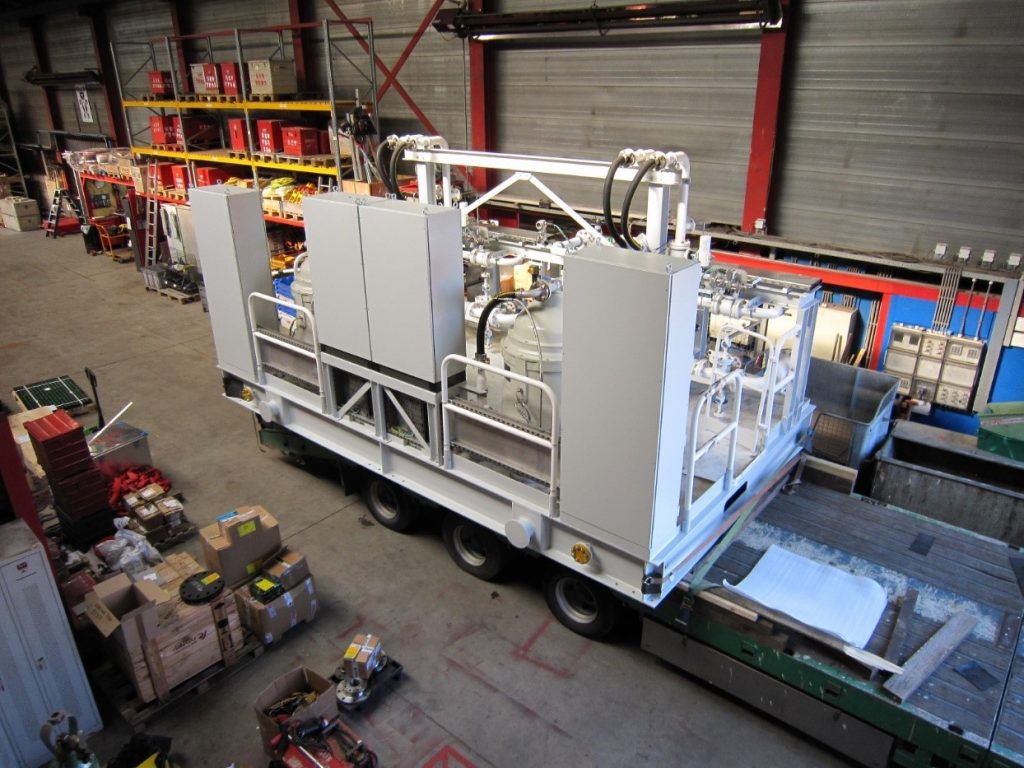
The transportation and distribution of Ultra Low Sulfur Diesel (ULSD) system components, such as fuel pumps, storage tanks, and other related equipment, require careful planning and adherence to regulatory standards. The packing and pre-shipment processes play a crucial role in ensuring the safe and efficient delivery of ULSD systems. In this article, we will explore the considerations and best practices for packing and pre-shipment of ULSD systems.
Regulatory Compliance:
ULSD is defined by the U.S. Environmental Protection Agency (EPA) as diesel fuel with a maximum sulfur content of 15 ppm. As such, any equipment associated with ULSD must meet stringent regulatory requirements to maintain the integrity and quality of the fuel. When preparing ULSD system components for shipment, it is essential to ensure compliance with EPA regulations and any other relevant environmental and safety standards.
Packaging Materials and Considerations:
The packaging of ULSD system components should prioritize protection against potential damage during transit, as well as safeguarding the integrity of the fuel system. Utilizing materials that are compatible with ULSD, such as corrosion-resistant metals and high-density polyethylene, is crucial to prevent contamination and uphold the quality of the fuel. Additionally, packaging should be designed to withstand various environmental conditions and handling processes to ensure the safe arrival of the equipment.
Labeling and Documentation:
Accurate labeling and documentation are essential for the proper identification, handling, and regulatory compliance of ULSD system components. Each package was checked to be clearly labeled with the contents, handling instructions, and any relevant warnings or safety information. Additionally, all shipping documents were checked for detailing the contents, specifications, and compliance certifications to facilitate smooth customs clearance and regulatory compliance.
Pre-Shipment Inspection and Testing:
Before dispatching ULSD system components, thorough inspection, and testing should be conducted to verify that the equipment meets all requirements. This may include pressure testing for storage tanks, functionality checks for fuel pumps, and overall quality assurance procedures. Any identified issues were addressed and resolved before the items were packed for shipment.
Logistics and Transportation:
Selecting the appropriate mode of transportation and coordinating logistics are critical aspects of the pre-shipment process. Whether shipping domestically or internationally, factors such as transit time, handling procedures, and customs regulations were taken into account. Additionally, adherence to specific transport regulations for hazardous materials, including ULSD, was ensured to guarantee regulatory compliance and safety.

The packing and pre-shipment of Ultra Low Sulfur Diesel (ULSD) system components demand meticulous attention to regulatory compliance, packaging materials, labeling, documentation, inspection, and logistics. By following best practices and ensuring adherence to environmental and safety standards, the transportation and delivery of ULSD systems can be executed with efficiency and reliability, ultimately contributing to the continued supply of clean and low-sulfur diesel fuel.
Overall, Packing and pre-shipment inspection is an indispensable practice in international trade, safeguarding the quality, completeness, and safety of shipments. With a proven track record of over 200 projects annually and a recent successful inspection of Centrifugal Pumps, our commitment to excellence remains unwavering. We stand as a reliable partner in the complex world of global trade, ensuring that products reach their destination in perfect condition.
If you have any questions or require further information regarding our packing and pre-shipment inspection services, please do not hesitate to reach out.
